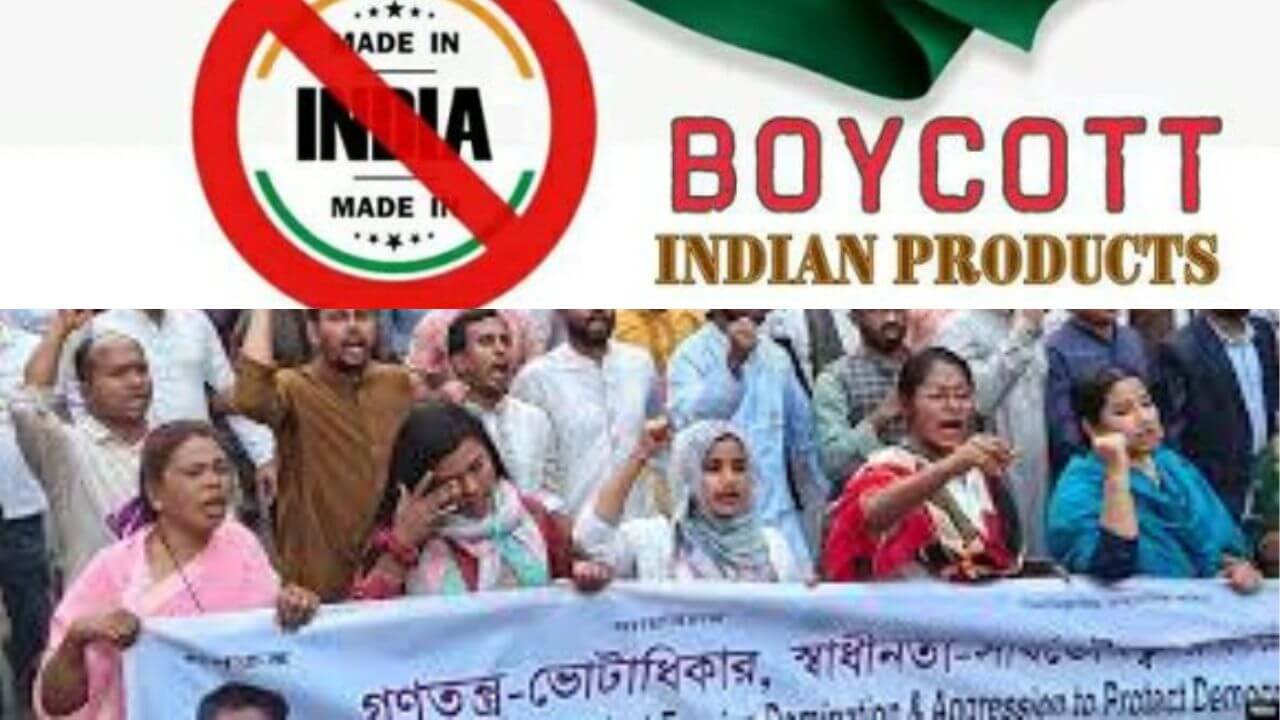Since January’s general elections in Bangladesh, there has been a growing anti-India sentiment, reminiscent of the “India Out” campaign seen in the Maldives. The opposition party, Bangladesh Nationalist Party (BNP), is believed to be the driving force behind this movement, with Tarique Rahman, the son of former Prime Minister Khaleda Zia and acting vice-chairman of the BNP, playing a significant role.
The campaign’s supporters claim that India’s interference is escalating within Bangladesh, and it needs to be curtailed. Allegations suggest that India’s support for the Awami League is aimed at safeguarding its economic and security interests, thereby weakening Bangladesh’s democratic processes. Social media users in Bangladesh are now calling for a boycott of Indian products, echoing similar sentiments expressed during political campaigns in the Maldives.
According to reports, this campaign highlights dissatisfaction among sections of the Bangladeshi population regarding the role of the Awami League in the elections. Supporters argue that India’s backing of the Awami League compromises Bangladesh’s democratic principles. Concerns have also been raised about the vulnerability of institutions like the judiciary and law enforcement agencies to political interference, allegedly influenced by India.
Bangladesh’s Allegations Against India: Claims of Diplomatic Influence Spark ‘India Out’ Movement
Former Foreign Secretary of Bangladesh, Touhid Hossain, mentioned in his book “1971-2021: Bangladesh-India Shomporker Pochash Bochor” that “India’s consent is a prerequisite for appointments to key positions within Bangladesh.” There’s a prevailing belief in Bangladesh that the Indian diplomatic missions influence major decisions in civil and military bureaucracies. These perceptions have now become part of the “India Out” campaign on social media.
The duration and impact of this campaign remain uncertain, given the intricate relationship shared between India and Bangladesh. Nevertheless, its emergence signifies a shift in public sentiment in Bangladesh, indicating growing concerns over perceived Indian interference in the country’s internal affairs.
